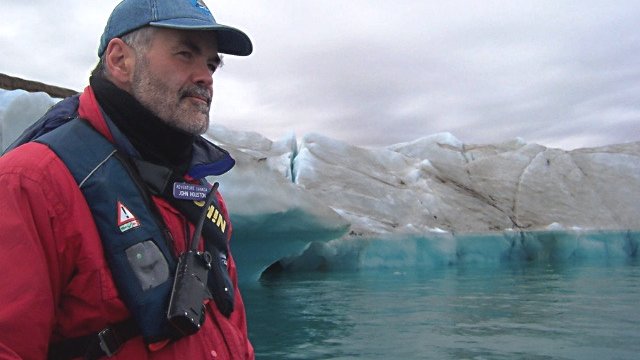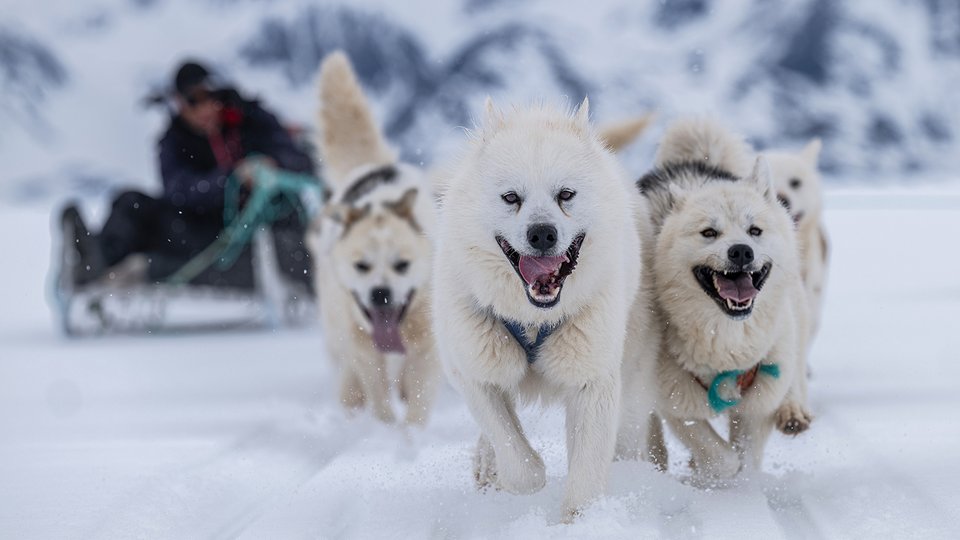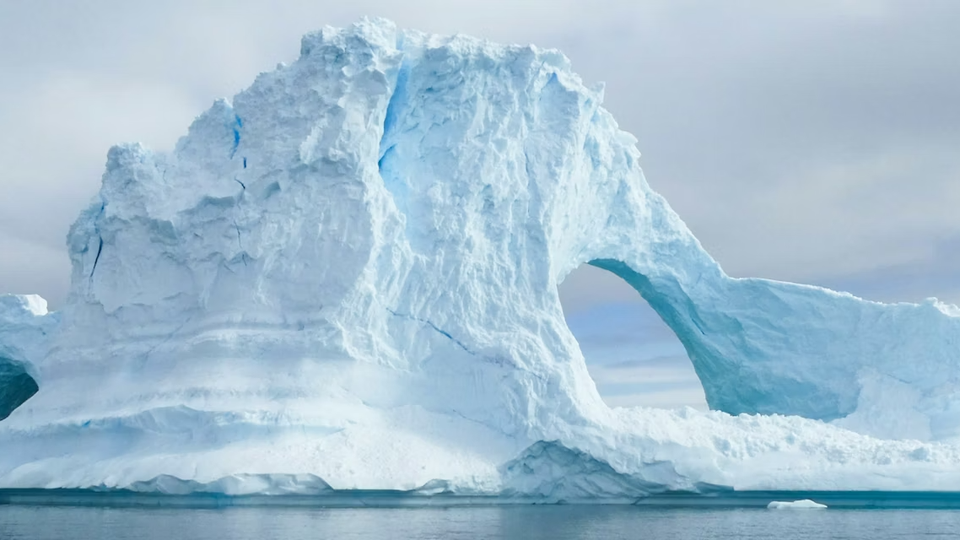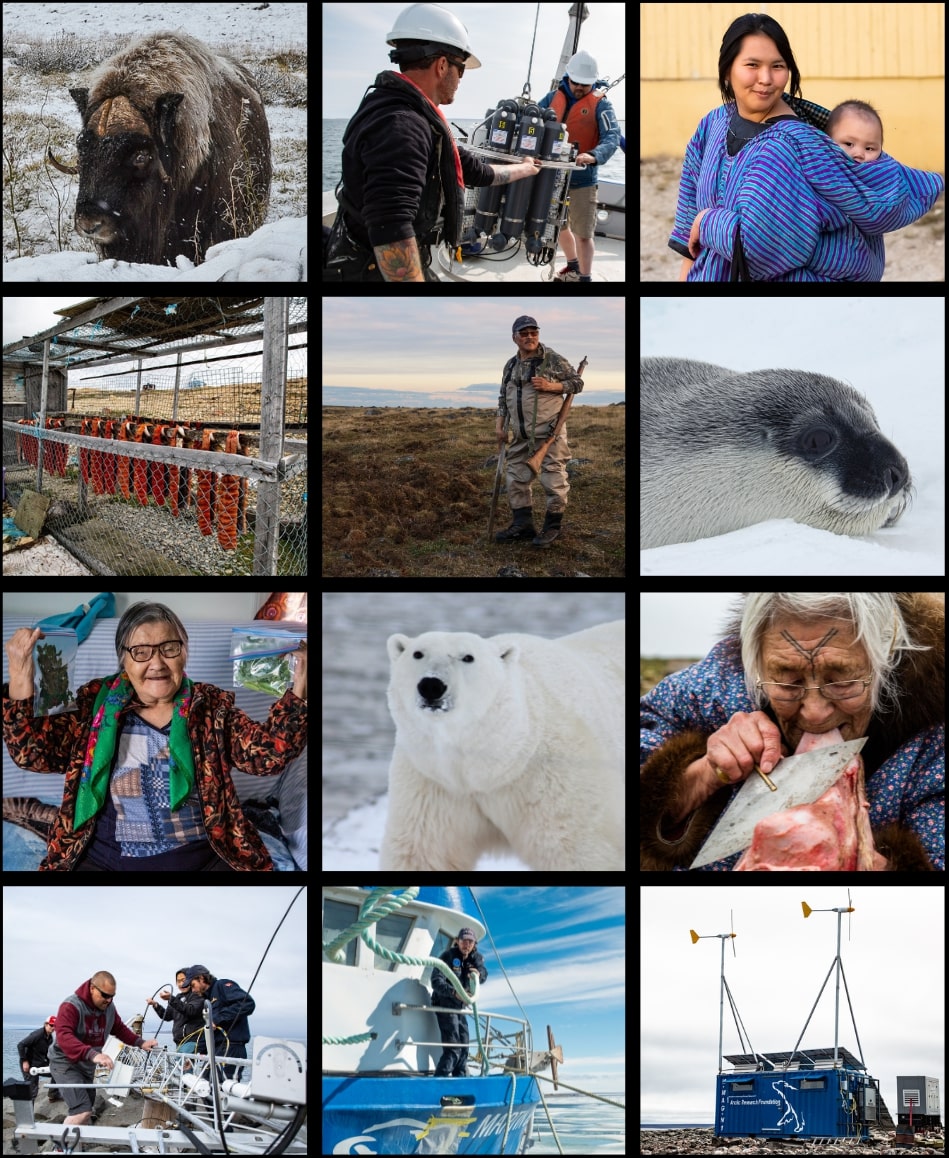






Follow us:
Contribute your Arctic stories
Live or work in the Arctic? We welcome pitches for stories deeply rooted in the Canadian Arctic.
Continue Reading

Welcome to Arctic Focus!
ArcticFocus.org is a collaborative, online platform hosted by the Arctic Research Foundation.
Arctic Focus is where communities, explorers and researchers share stories of science, discovery, culture, conservation and innovation from across the Arctic.